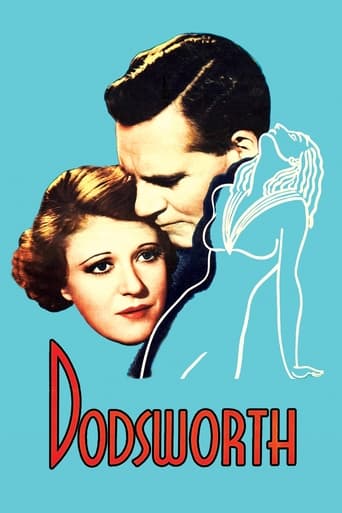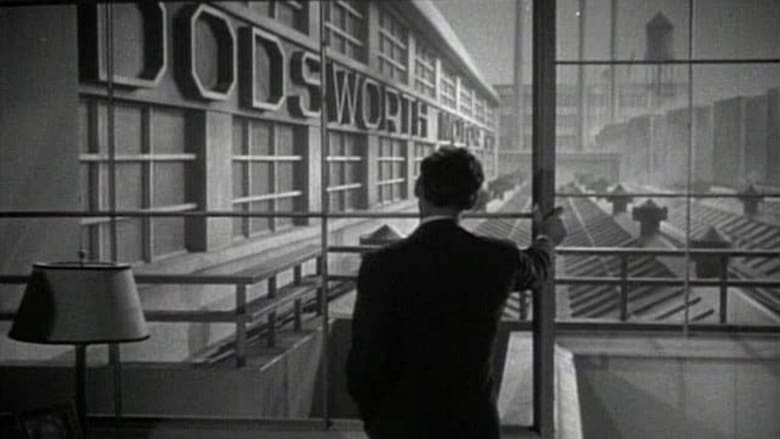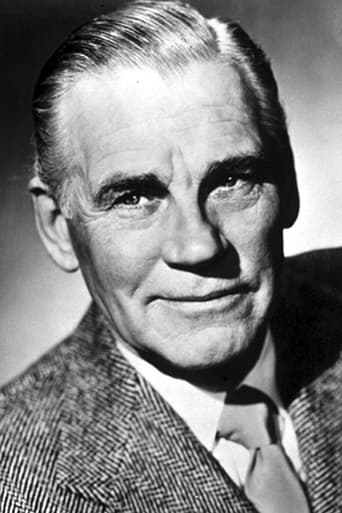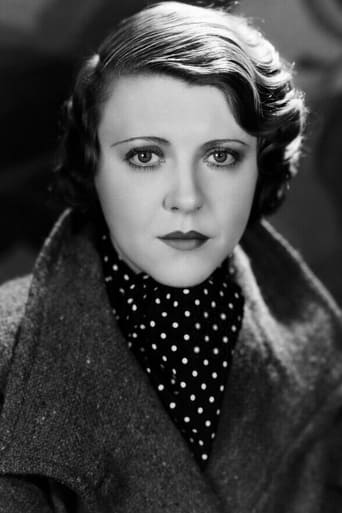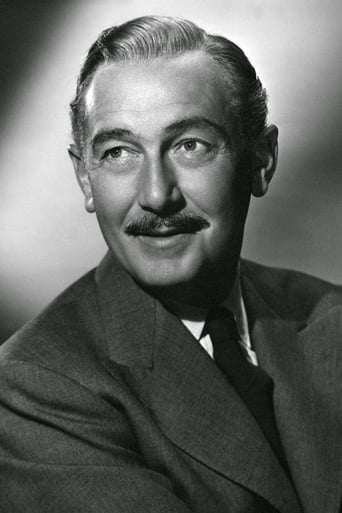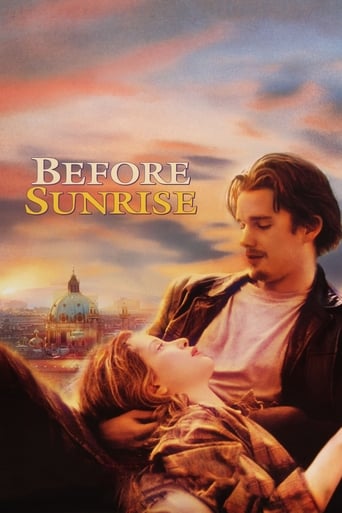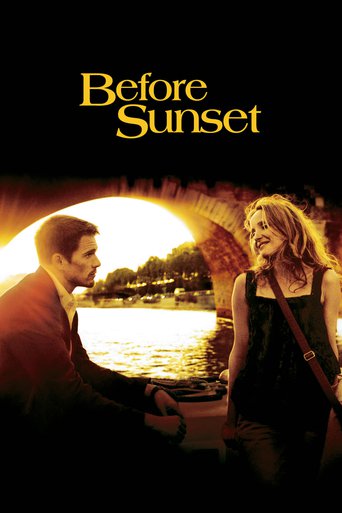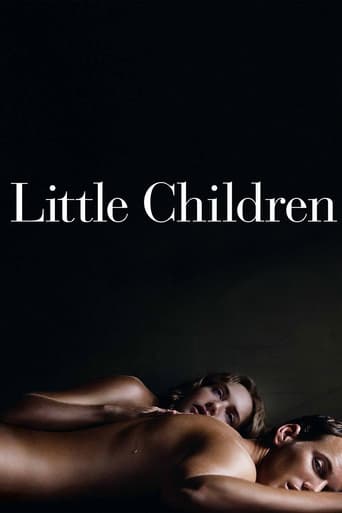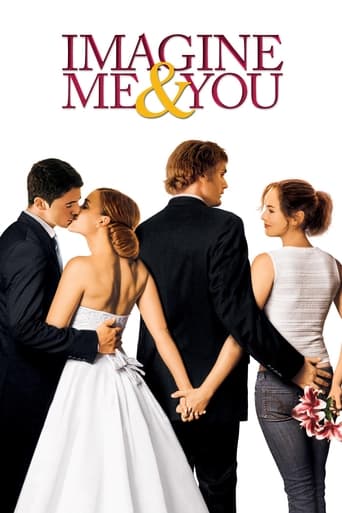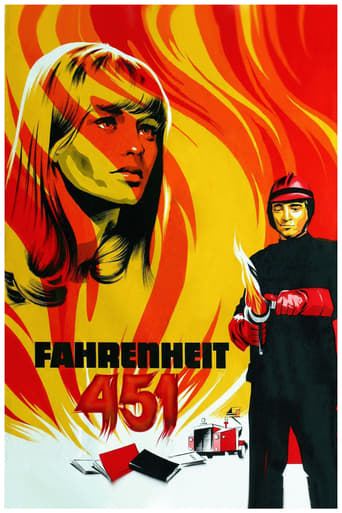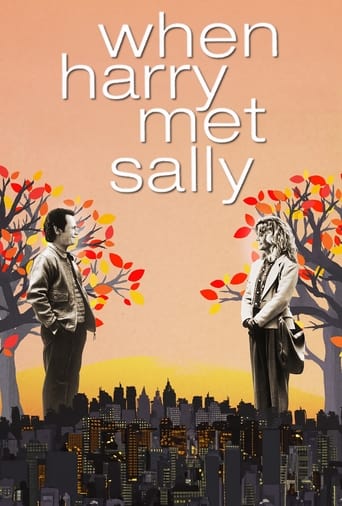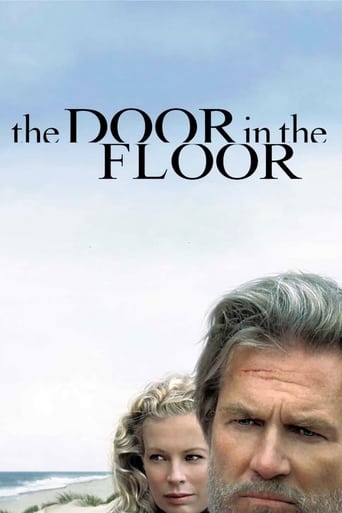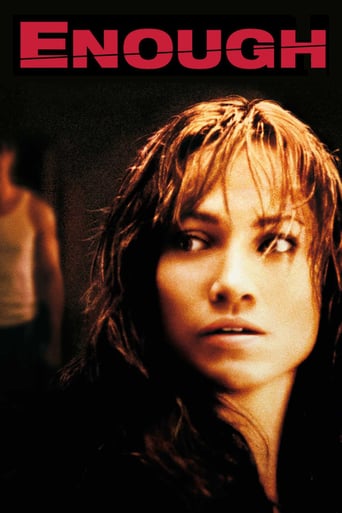Dodsworth (1936)
A retired auto manufacturer and his wife take a long-planned European vacation only to find that they want very different things from life.
Watch Trailer
Cast


Similar titles
Reviews
Copyright 28 September 1936 by Samuel Goldwyn. Released through United Artists. New York opening at the Rivoli, 23 September 1936. U.S. release: 18 September 1937 (sic). U.K. release: November 1936. Sydney opening at the Embassy: 1 January 1937. 9,138 feet. 11 reels. 101 minutes.SYNOPSIS: Disillusioned American industrialist "finds himself" in Europe.NOTES: Academy Award, Richard Day, Art Direction (defeating Anthony Adverse, The Great Ziegfeld, Lloyds of London, The Magnificent Brute, Romeo and Juliet and Winterset).Also nominated for Best Picture (won by The Great Ziegfeld); Best Actor, Walter Huston (won by Paul Muni for The Story of Louis Pasteur); Supporting Actress, Maria Ouspenskaya (won by Gale Sondergaard for Anthony Adverse); Directing (won by Frank Capra for Mr Deeds Goes To Town); Screenplay (won by The Story of Louis Pasteur); and Sound Recording (won by San Francisco).Best Male Performance of 1936: Walter Huston — New York Film Critics. Number 5 on The Film Daily annual poll of U.S. film critics.COMMENT: Opening on Broadway at the Shubert on 24 February 1934, the stage play was a great success, running 317 performances. Walter Huston played Samuel Dodsworth, his frivolous wife was Fay Bainter, whilst his lady-love was enacted by his real-life wife, Nan Sunderland. Others in the stage cast included Maria Ouspenskaya, John Williams, Frederic Worlock, Kent Smith, Hal K. Dawson, Harlan Briggs and Ethel Jackson. Robert Sinclair directed for producer Max Gordon.The acting may be a bit stagy, maybe just a trifle old-fashioned and self-conscious, but there's no denying the abilities of Huston (repeating his stage role), Chatterton and Astor. The story holds up particularly well — in fact I doubt if any producer would dare such a realistic domestic drama even today (in these so loudly trumpeted "liberated" times) — and comes across with considerable force and power.The movie is superbly paced, masterfully directed and brilliantly photographed (notice the most effective use of deep focus — and this is Maté not Toland — years before Citizen Kane). Newman's music is beautifully atmospheric. All told, Dodsworth provides ample evidence of big-budget technical expertise in all departments.
Does the story really end with the last scene of this movie? It almost ends with a riddle. For it is merely Mr. Dodsworth's turn to stay abroad with a lover, something his unfaithful wife had already done. For some reason, we expect the Dodsworths to find their way back together and stay together. Viewers will think Mary Astor's character is the more sympathetic woman and that Walter Huston's Mr. Dodsworth has at last found true happiness, but what has happened is that the narrative has switched so that we are watching infidelity from the reverse angle. When you think about it, the filmmakers are presenting a rather tortured love story that is complicated by the new choices that are being presented abroad.
I don't know how to review this movie, because there's no one aspect I can comment on without looking like I'm singling them out over the others. Every part of this movie adds up to something so much greater than the sum of its parts. Ultimately, I suppose the credit goes to the director, William Wyler, though in 1936 I'm not sure he would have had the same kind of control a director can have now with casting a movie, deciding on a screenwriter, crew, and that sort of thing. But it all comes together for something so perfectly conceived, that I can't really just mention the story, or the performances by Walter Huston and Ruth Chatterton; the writing, the cinematography, or set design.A description of the movie or even the type of film or genre it's in wouldn't do it justice in the way that I could at least describe some of my other favorite movies. It does everything right-it's so sophisticated, sensitive, mature, in dealing with the marriage of a middle aged couple going on their first vacation in twenty years together.Minor spoiler-it deals with so much, but if you were to describe the story, it's about how Dodsworth (Walter Huston) and his wife, Fran (Ruth Chatterton) leave America and really try to enjoy themselves and each other for once. But Fran is insecure about her age and her older husband, and this insecurity begins to push her away from him and towards, well, not necessarily even other men, but away from anyone.And yet, that doesn't come close to describing what this movie is really like or what it's about. It's every moment that's played so sensitively. It's got lots of emotion, but it's not sentimental. It's got a ruthless efficiency in building each scene upon the last, clearly giving each character different motivations and showing how their relationships change.I haven't seen this movie show up in many discussions or top lists, but it doesn't matter. It doesn't affect anything about the movie, whether it's under seen or under respected. TCM showed it one evening as one of their Essentials, which gave me some exposure to it. Then I read David Mamet's book, Bambi vs. Godzilla, which keeps referring to Dodsworth. In it, he says that it's one of a few perfect movies. So I finally bought the DVD and watched it in earnest, and it was a singular experience.For all the words like "mature" and "sensitive" or "grown up" that get used to describe it because of just how realistically it shows the dynamic of a marriage that is unraveling, those don't really describe what the movie is about. Yes, it is all of those things, and it is refreshingly realistic and attentive to the details of the relationships in it. More than most movies, and perhaps surprisingly so for any movie of its period. Or today.Dodsworth is more than those things because it's like an event that transcends movies. This isn't really even a review. I just feel like someone has to add, for anyone curious, what an incredible experience this is. It's a jewel of a movie. Whenever I see a movie like this, and see how most people regard movies today and see them mostly on their opening weekends (not to be elitist, because there's a lot of reasons for that, and I'm not using my interest in movies to leverage myself as having better taste-and I know people would love this movie if they saw it), I feel like I've found this secret. A movie like this is subversive to me, and that may be peculiar because of how much I love movies and want to make them, but I feel like it's an alternative to a life of working a regular or corporate job and having what I would (though I'm overstating it for lack of better words) call a mundane life.Movies in general, and especially singular movies like Dodsworth, are like secrets to me of how incredible a single experience can be. I have been thinking about it constantly since I saw it, and whenever I see a movie that even approaches it's greatness, my mood is lifted, my problems seem to go away, and a movie like this can seem like all I need or care about, because it's like an experience in another dimension. And it's so quotable-the dialogue comes so densely in pace and meaning, and it's got lines that will stun you.To borrow a line from the movie, if you watch it, you may become fascinated by it.
William Wyler's "Dodsworth" is an adaptation of the novel of the same name by Pulitzer Prize winning author Sinclair Lewis. The story tells of a retired auto tycoon faced with estrangement from his wife when she embarks on a series of flings in the hopes of maintaining the illusion of youth.Walter Huston played Sam Dodsworth and the Oscar nomination that he received was well deserved. He had performed the role on Broadway and here he shows himself well suited to portraying the character's complexities. Ruth Chatterton, as Sam's wife Fran, was left out of Oscar contention but I feel that hers was a standout performance as well. The supporting cast is also strong, including Maria Ouspenkaya, who only needed one scene to secure an Oscar nomination.The film's single Oscar win was for art direction, which I can't say I particularly noticed; however, I must say that I was impressed with Wyler's direction. The Sidney Howard script received a nomination as well for providing the film with ample drama and a refreshing frankness.In conclusion, "Dodsworth" is a penetrating chronicle of the disintegration of a marriage. The bold direction, credible script & solid performances make for a fine film that has aged well.

